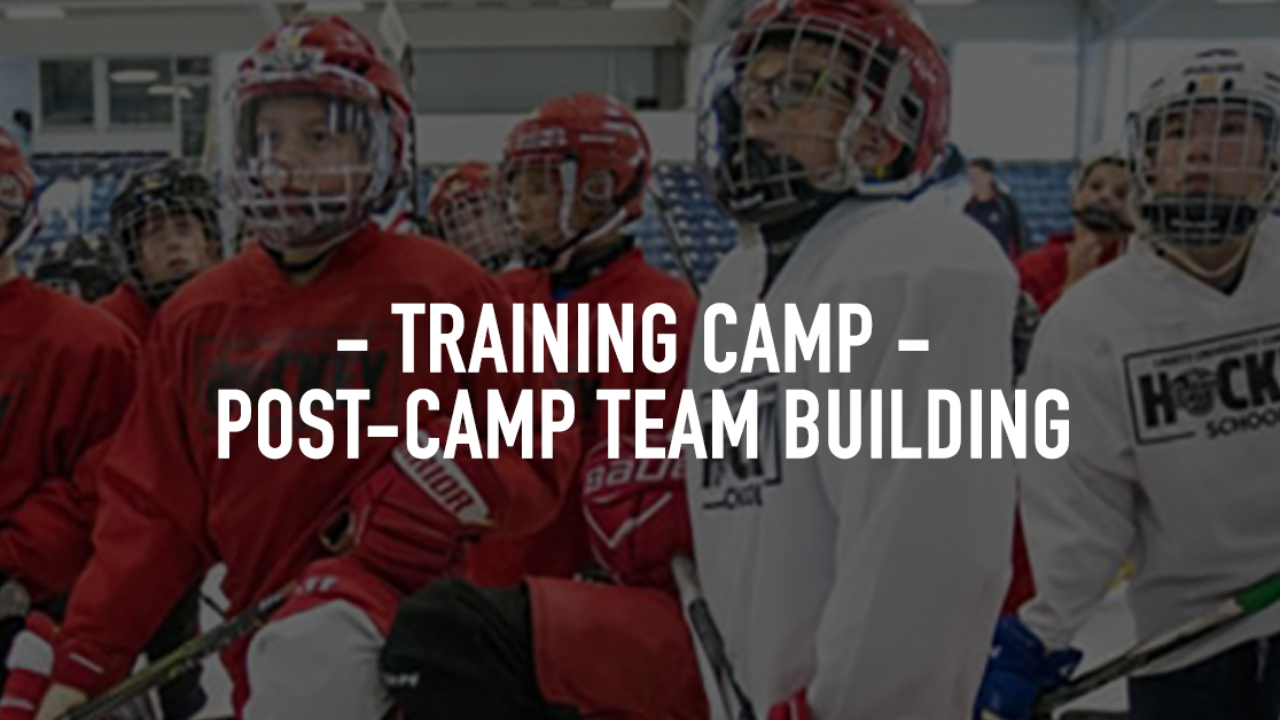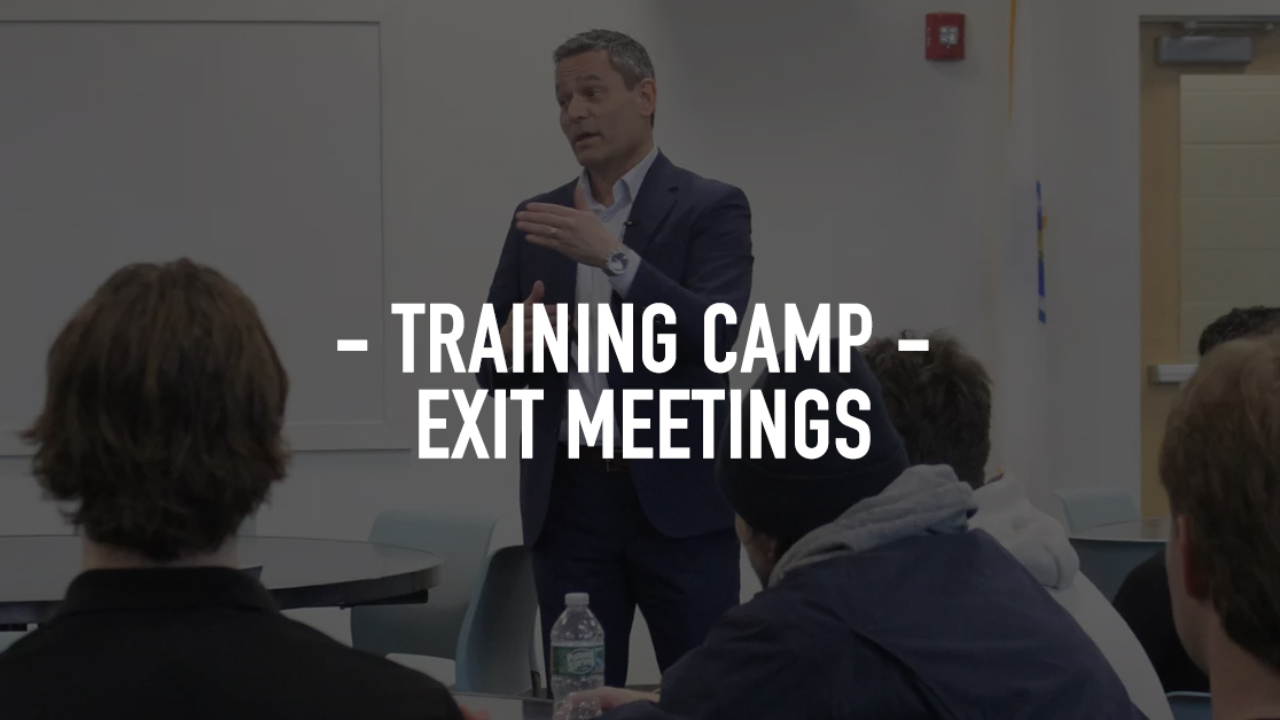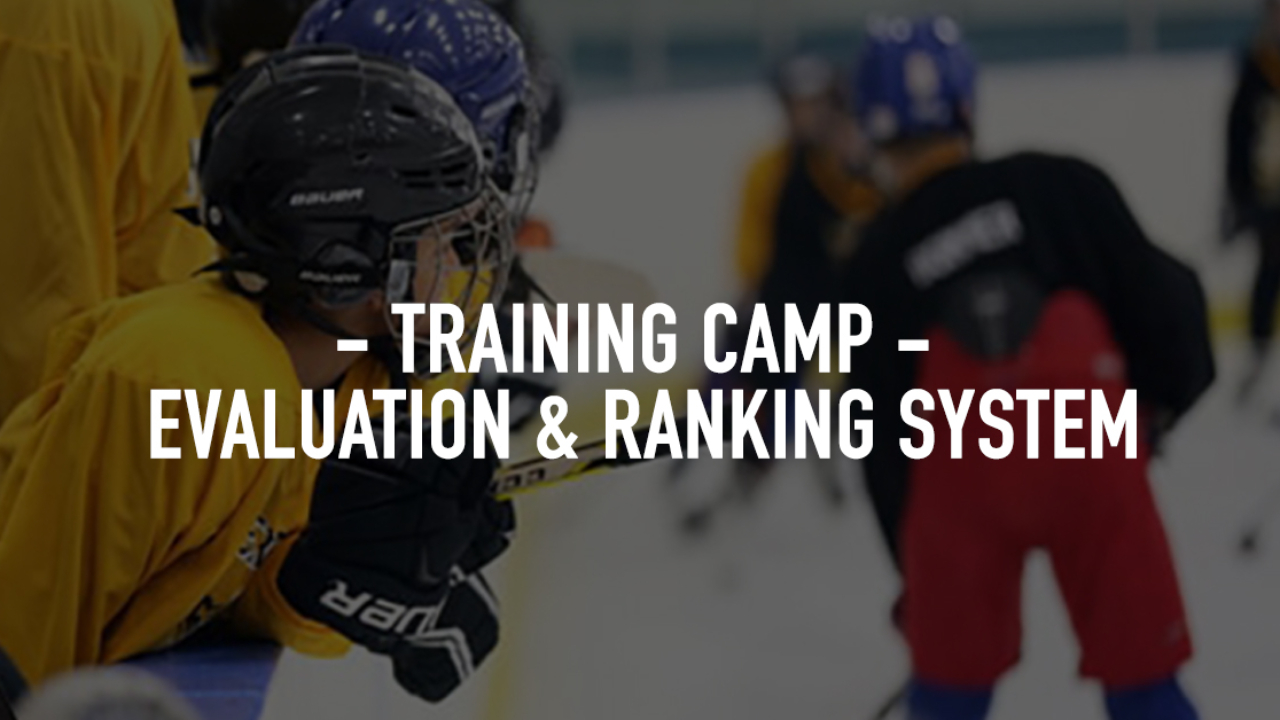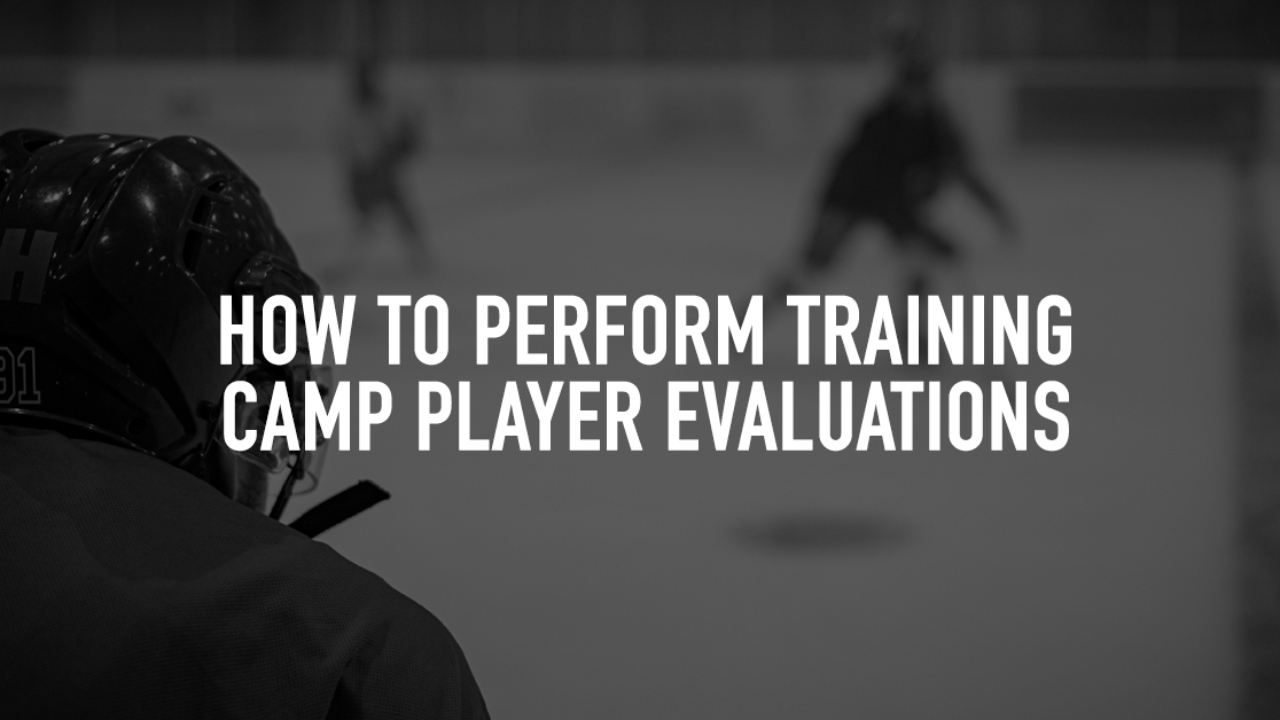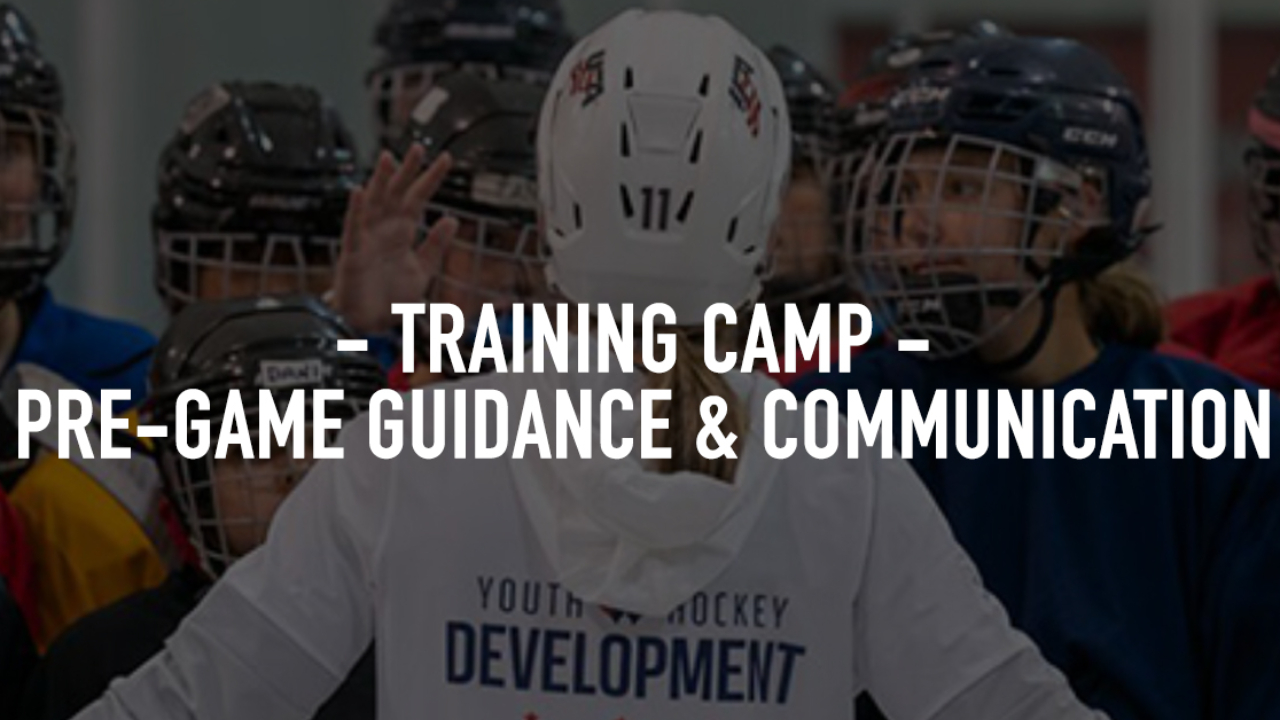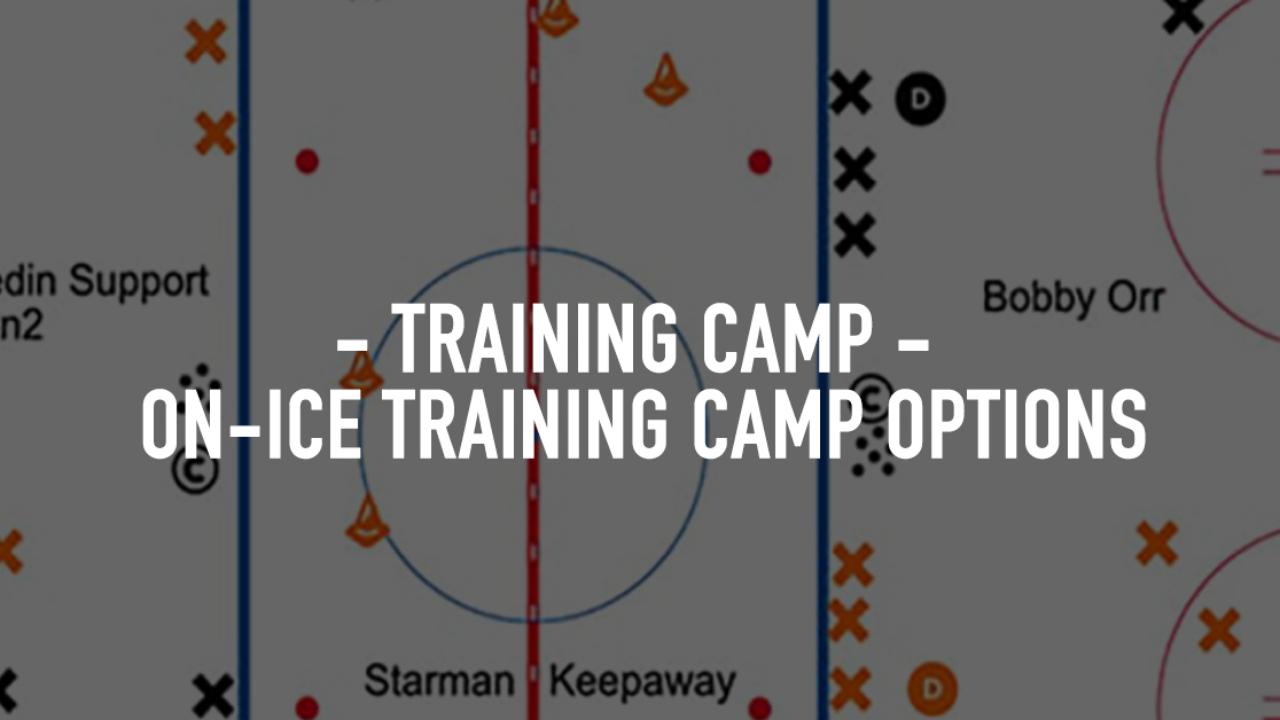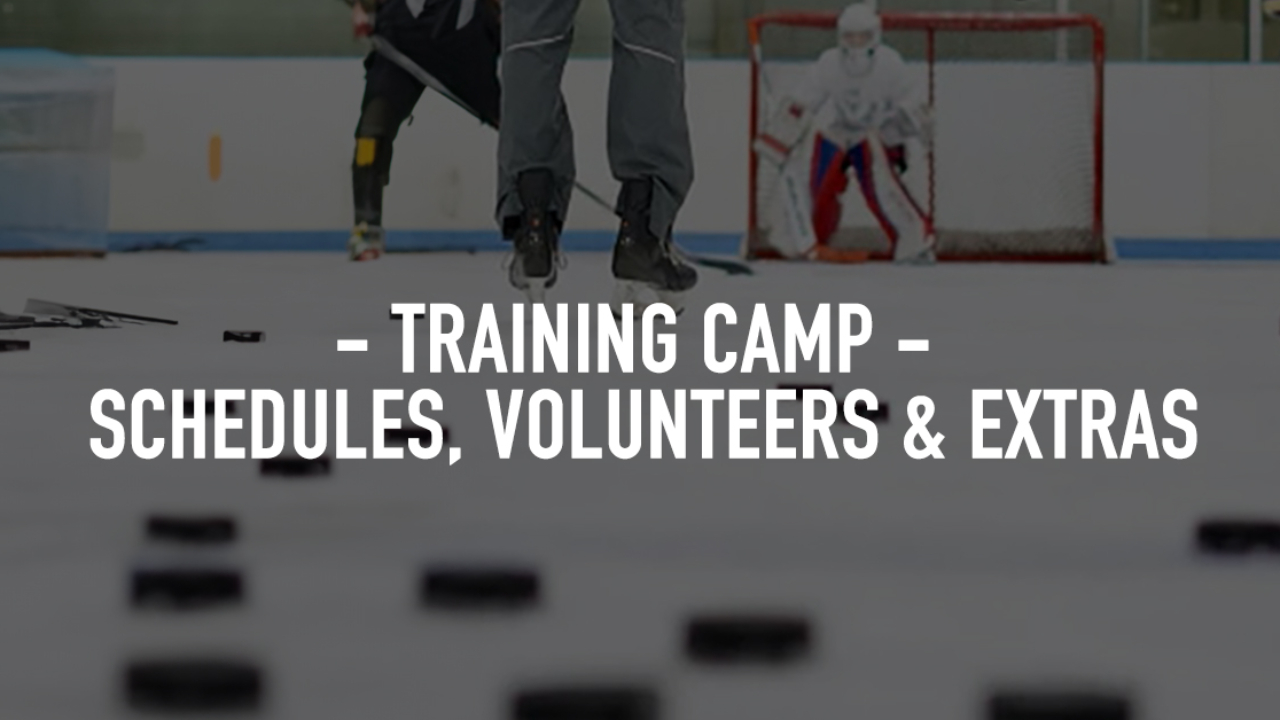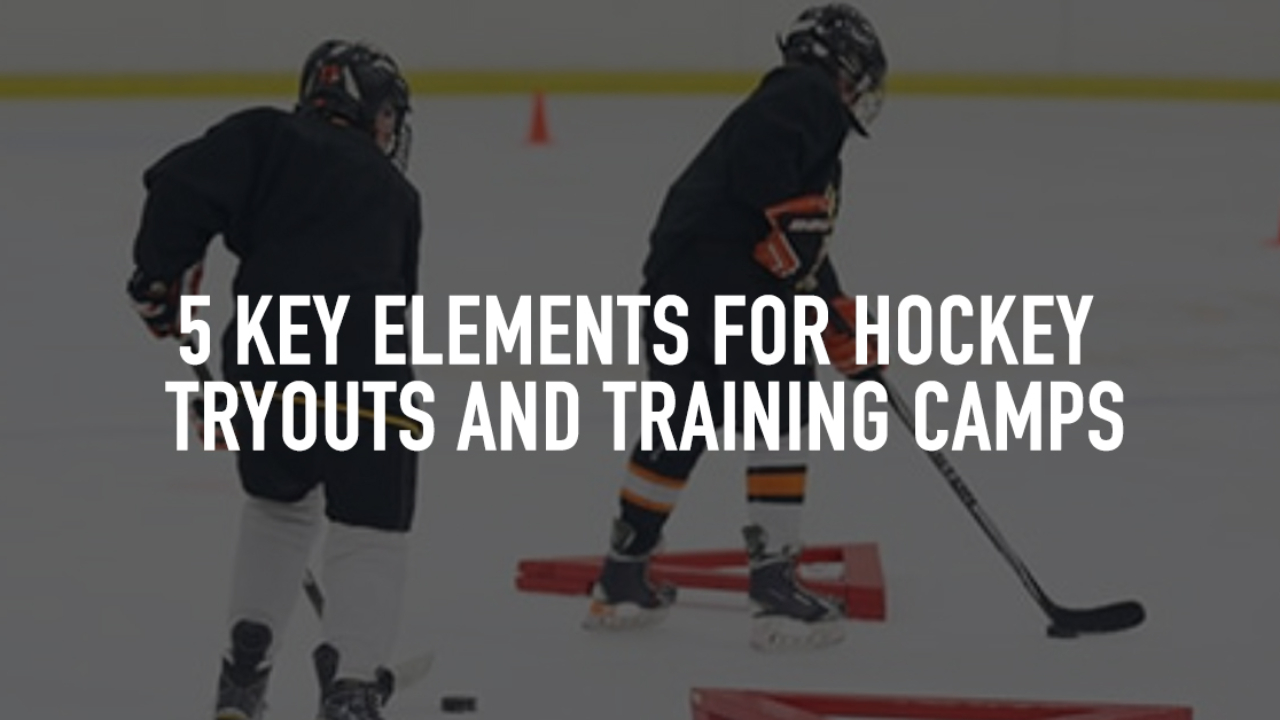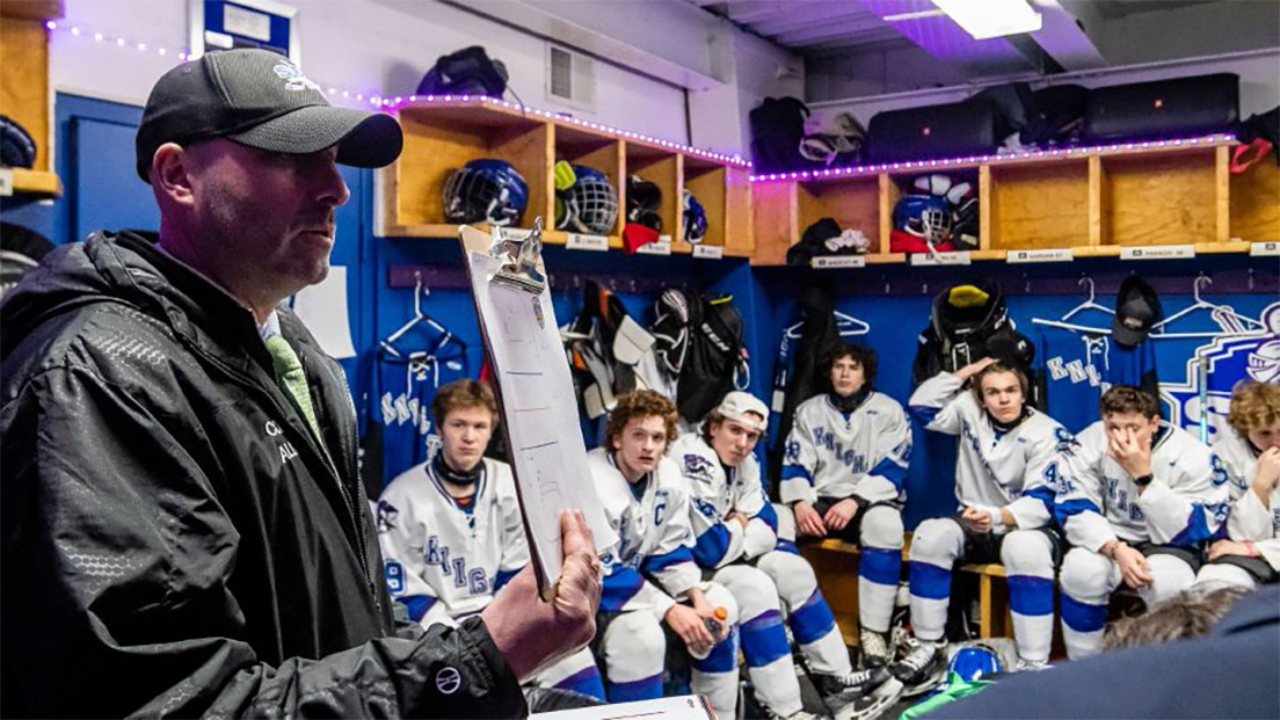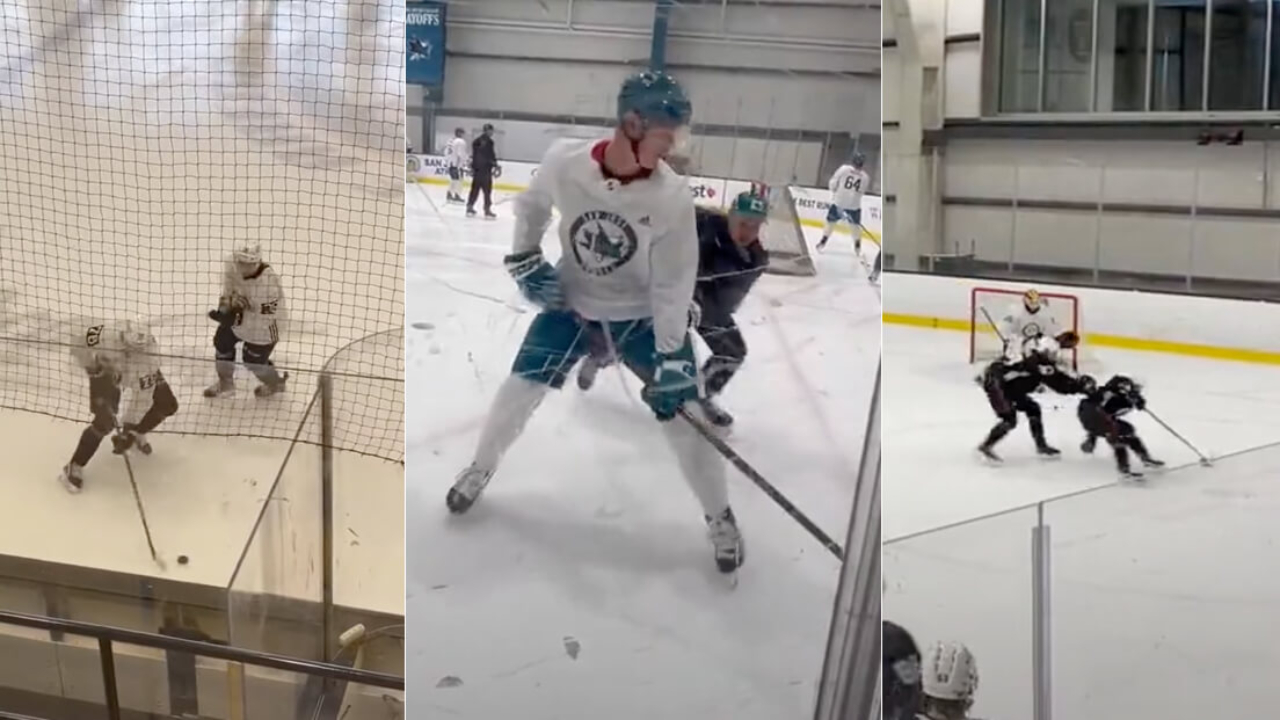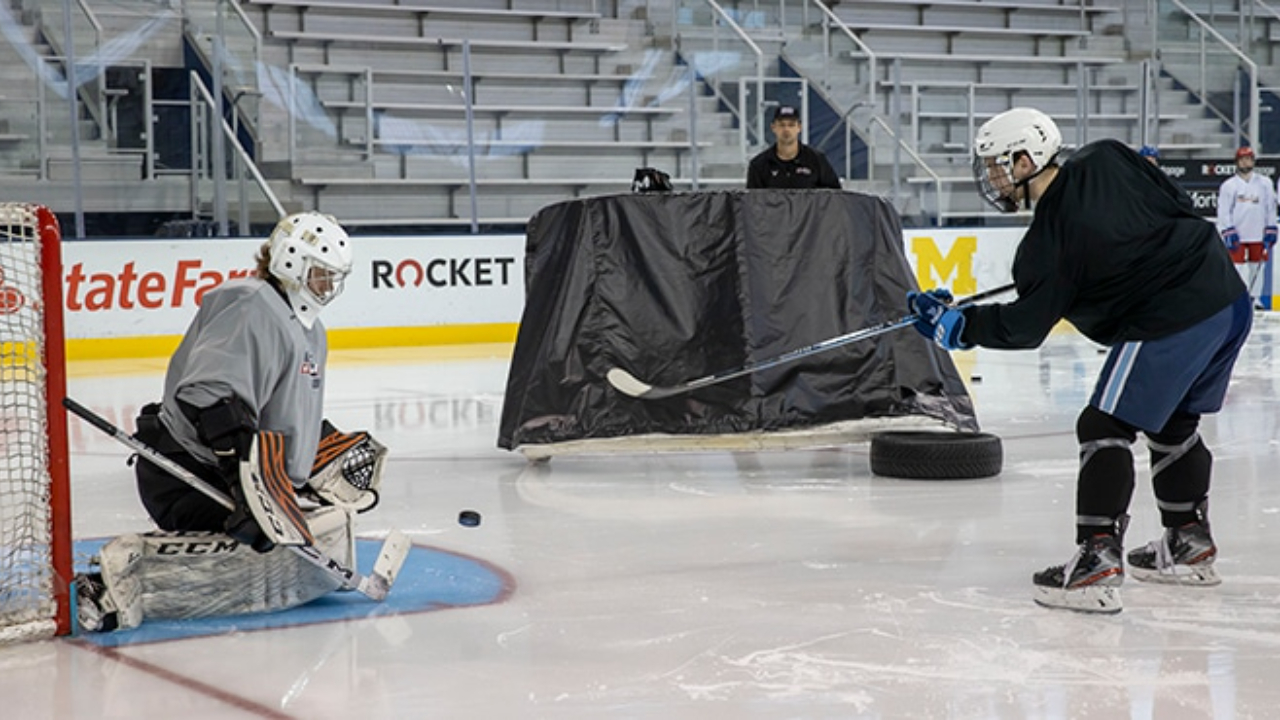
What separates your camp from other hockey camps?
Hockey has always been a winter sport. Many teams do not start practicing until late September. With that said, if a player wants to improve during the off-season, they look for camps that will help them achieve their goals. As coaches, how do we successfully run a camp for players that want to improve their skill?
Ask yourself, what separates you from other camps? How can you improve players skill, keep everyone’s feet moving, and retain retention for your next camp?
First is to know your audience. What age are you working with? Are they U12, U16 or is this a camp for elite level players (NCAA, OHL, etc.)? Once you have determined your target audience it is time to organize the camp.
Example: If your camp is 5 days long, have each day be themed.
Monday’s Camp Plan – Edge work
Tuesday’s Camp Plan – Stick handling
Wednesday’s Camp Plan – Passing and team play (drills that require passing).
Thursday’s Camp Plan – Compete, using battle drills. This will bring out their abilities.
Friday’s Camp Plan – FUN day – full ice scrimmage, half ice or even great SAG drills.
This is just an example. The main focus of any camp is for players to step out of their comfort zone so they can grow! In order to achieve this you need good capable staff that can help players that are struggling. A good coach to player ratio is always ideal; one coach to every seven players would work well. Find coaches that have great specific strengths. A good skating coach, shooting coach, tactics coach and so forth. This will give players all different perspectives that they can absorb and take with them into their season.
Coaching camps can be stressful especially when dealing with different levels and large group settings. Through my owns experience of running camps with 60 plus players, to camps with only 20 players- my mindset stays the same, KEEP THE FEET MOVING! Don’t let them sit around in the back of the line messing with pucks or being distracted. Have a coach always in the back of the line to give feedback to players as soon as they finish a drill. This type of feedback is vital for players to grow, ask them, “How did you feel about that rep?” or “what could you do better next rep?” This gives the players a sense of ownership in their abilities and shows that the coach is watching and cares.
At the end of the day it is about having fun and improving players.

